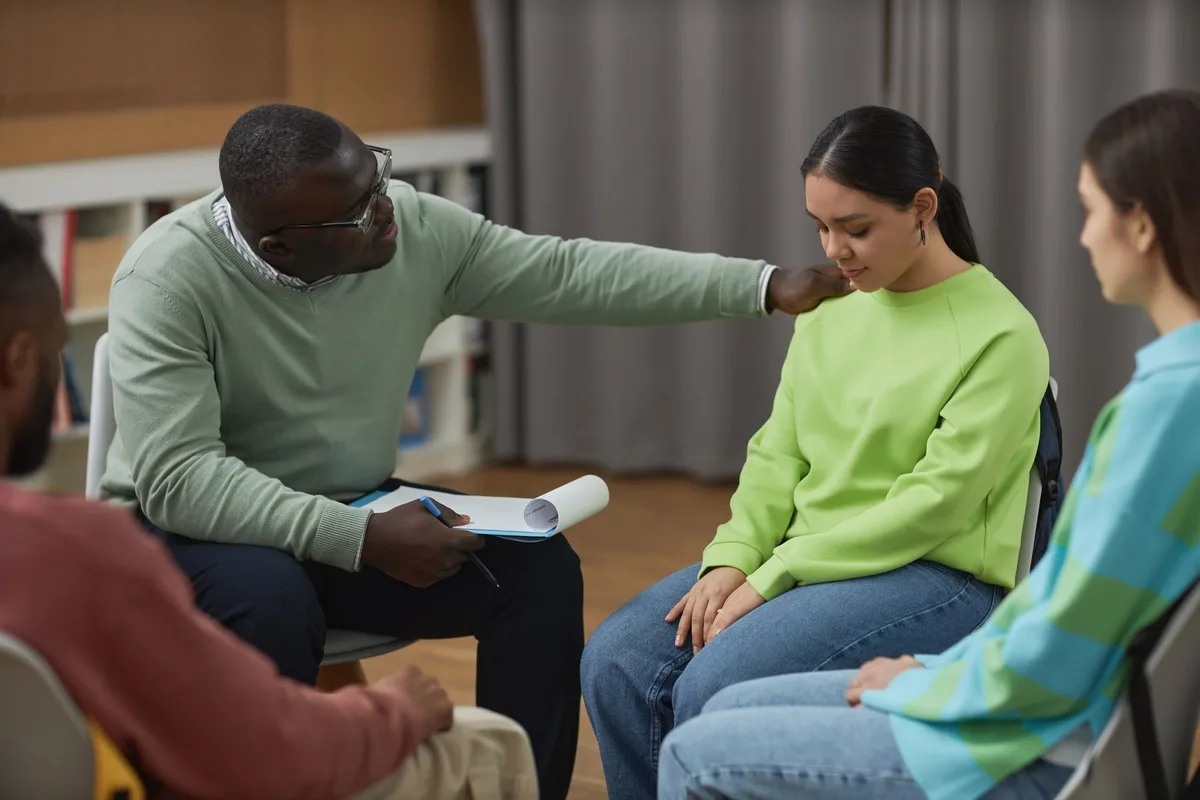24/7 Helpline:
(866) 899-111424/7 Helpline:
(866) 899-1114
Other Insurance Options

Group Health Incorporated

BlueCross

Private insurance

UnitedHealth Group

Humana

Providence

State Farm

Evernorth

Magellan Health

Cigna

Covered California

PHCS Network

Sliding scale payment assistance

AllWell

WellPoint

Access to Recovery (ATR) Voucher

Ceridian

BlueShield
Beacon

United Health Care














